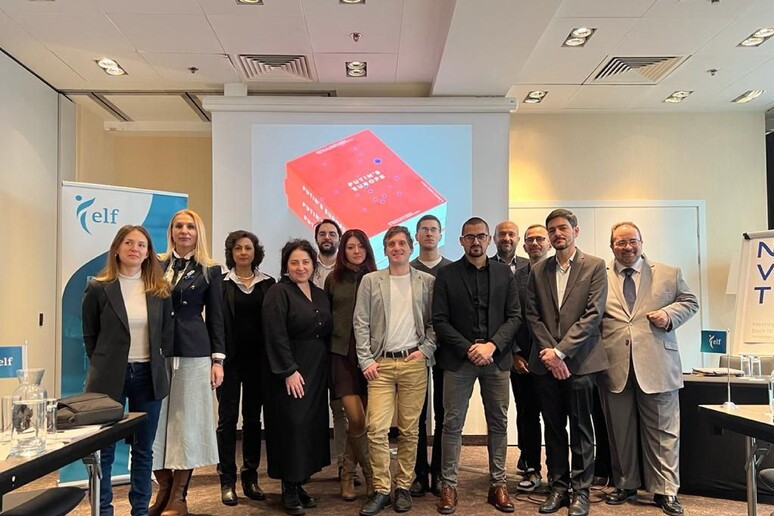Resulting from the work of a team
of 13 researchers, collaborators of universities and foundations
at an international level, the book 'Putin's Europe' was
presented in Warsaw. The research project, published by the
Polish liberal foundation Projekt Polska and the ALDE think
tank, the European Liberal Forum (Elf), aimed at analysing the
ramifications of Putinist propaganda throughout Europe and the
prospects for the international liberal democratic order.
According to the editors, 'Putin's Europe' is a unique
publication, a compendium of reflections on the new world order
and testimonies from the East, the Mediterranean, the Balkans,
and Latin America on how Russia has invested, over time, in
information warfare, disinformation, and external interference.
The book illustrates how this strategy has been implemented with
extreme meticulousness - and a certain know-how developed during
the Cold War years - to manipulate public opinion and
politicians, and to seek consensus among different souls in the
European Union and beyond.
"The Russian president's narrative - explains Fondazione
Luigi Einaudi researcher Renata Gravina - has developed around
an evolving struggle-defence against the alleged collective
challenge to the West and against the liberal model as a whole.
The West is perceived by Russia as the bridgehead of a
democratic export and as a destabiliser of Russia's foreign
neighbour'. Gravina identifies the successive stages in the
evolution of Putin's ideology as marked by the coloured
revolutions of 2003-2005, the Munich conference of 2007, the
Arab Spring of 2011 and finally the Dignity Revolution of 2014.
The Warsaw event is the first stop for the presentation of
the printed version of the 350+ page volume. Among the topics
analysed in the publication are geopolitical issues and the
general ideology of the Kremlin, particular activities of the
Kremlin in Europe according to various perspectives; the last
part of the essay is a short study on Russian influence on
Hungary, Bulgaria and Serbia.
ALL RIGHTS RESERVED © Copyright ANSA





